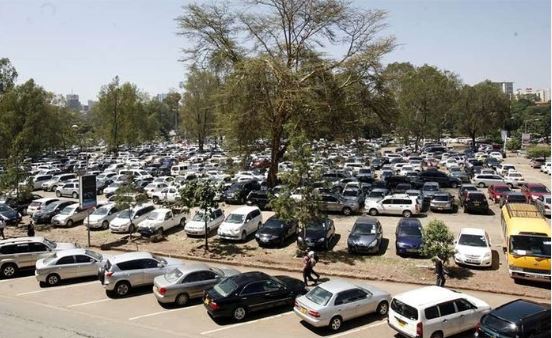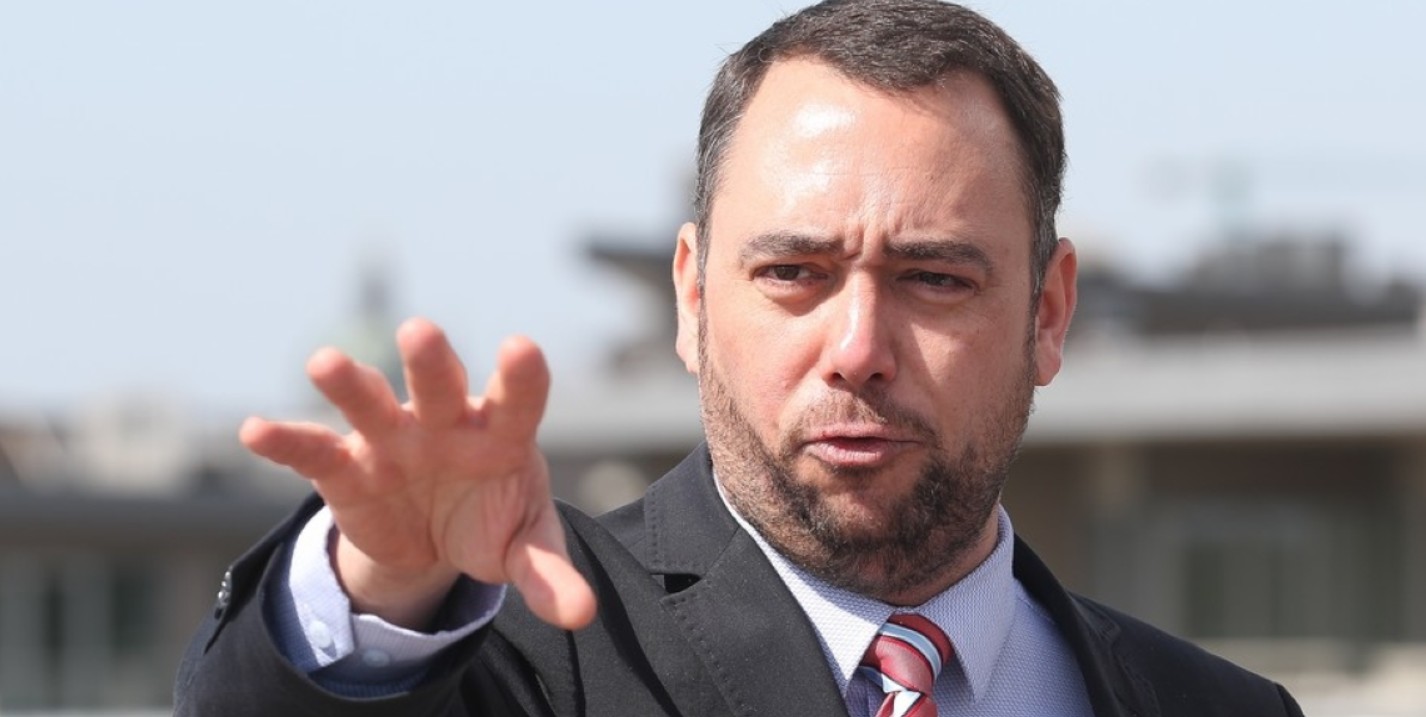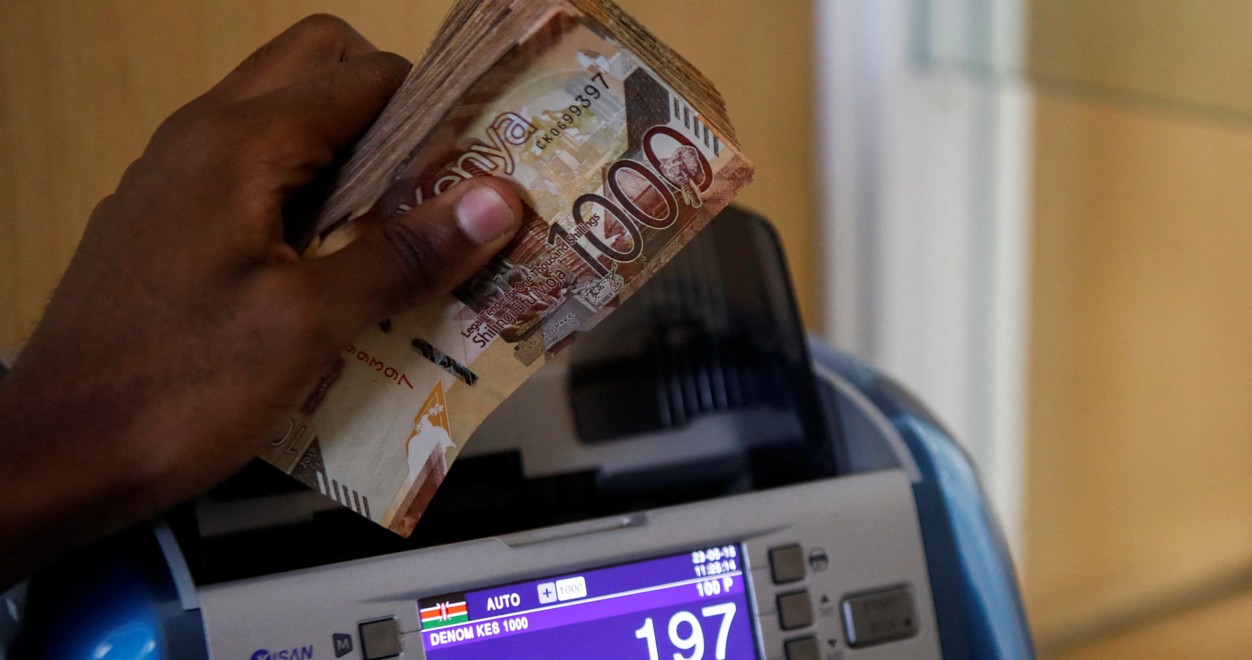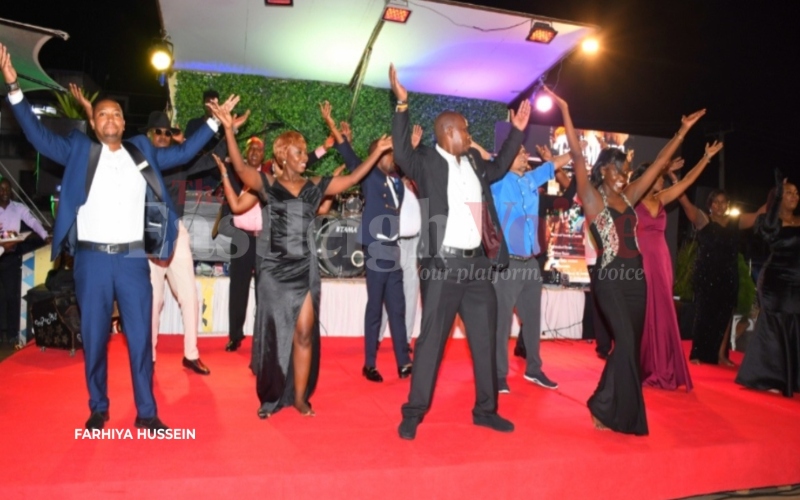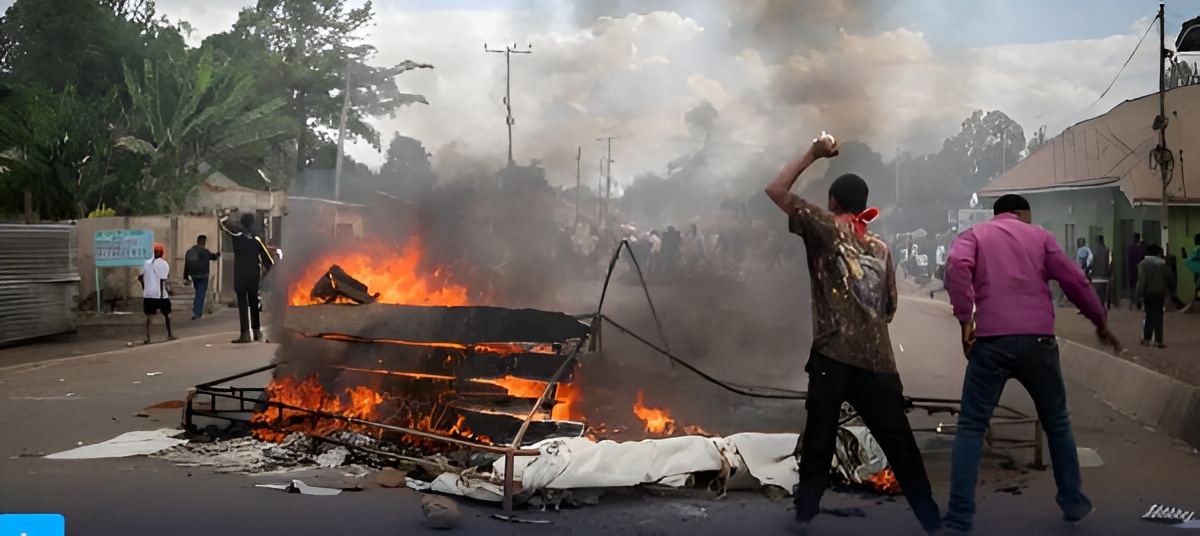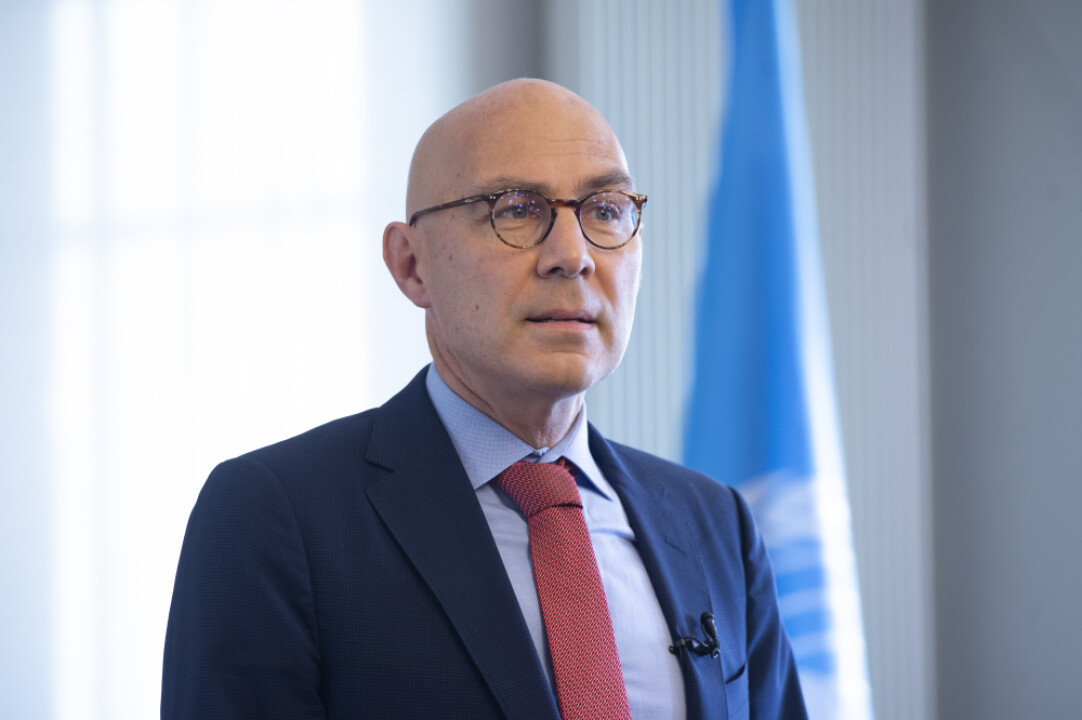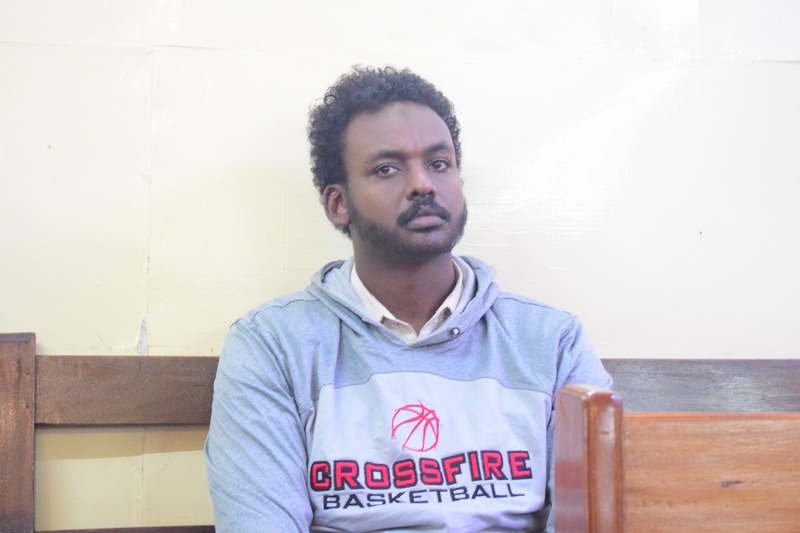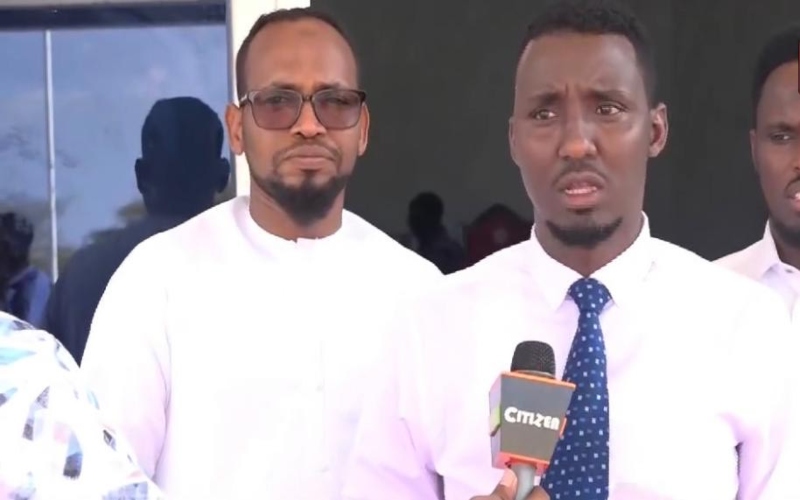Junior secondary teachers challenge move to place them under primary school heads
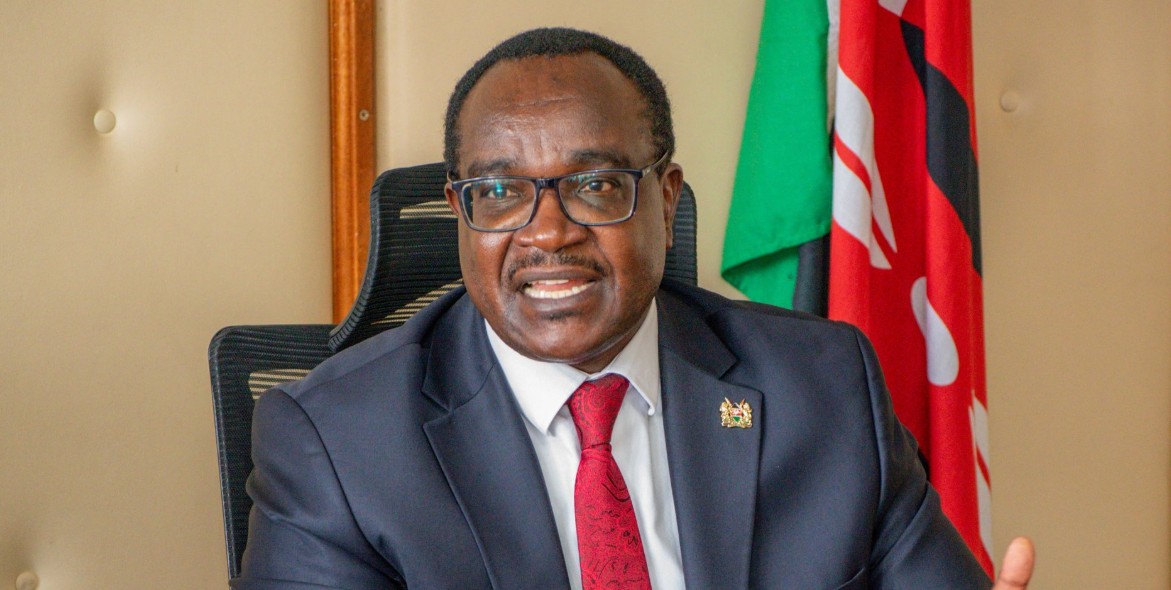
The 39 petitioners argue that the arrangement diminishes their professional status, noting that most are permanently employed and trained to teach secondary-level subjects.
A group of Junior Secondary School teachers has launched legal action against the government, disputing a policy that would place them under the supervision of primary school heads.
Representing over 70,000 educators, the teachers say the move threatens their career development and professional autonomy, intensifying debates over the implementation of Comprehensive Schools.
More To Read
- TSC extends junior school internship contracts by another year despite growing unrest
- MPs propose part-time roles for TSC chair, commissioners to save Sh70 million annually
- Teachers to stay in same schools after promotions under new TSC policy
- Court clears TSC CEO recruitment petition for full trial
- TSC announces recruitment of 9,159 teachers nationwide
- Education Ministry pledges early capitation release for smooth start to new term
The petition, filed in the High Court in Nairobi, names Education Cabinet Secretary Julius Ogamba, the Teachers Service Commission (TSC), and Attorney-General Dorcas Oduor as respondents.
The teachers are seeking an immediate halt to the policy until there is proper public consultation and the measures are aligned with constitutional requirements.
President William Ruto recently instructed CS Ogamba to accelerate the operationalisation of Sessional Paper No. 1 of 2025, which sets the framework for Comprehensive Schools.
Under this plan, primary school heads will oversee Early Years, Junior School, and support staff, a configuration that junior school teachers argue is inappropriate for their level of training and responsibilities.
The 39 petitioners argue that the arrangement diminishes their professional status, noting that most are permanently employed and trained to teach secondary-level subjects.
They contend that the policy conflicts with the Competency-Based Curriculum and violates their constitutional rights by placing Grades 7-9 under managers who typically lack secondary teaching qualifications.
This dispute has roots in 2023, when the government temporarily merged Junior Secondary within primary schools.
Subsequently, the Presidential Working Party on Education Reforms (PWPER) recommended integrating Early Childhood Education, primary, and junior secondary under one management structure, although the Basic Education Act has not yet been revised to reflect this.
In August 2025, the Council of Governors (CoG) opposed the plan, warning it undermines devolution by centralising control over Early Childhood Development, a function assigned to counties.
CoG Chair Ahmed Abdullahi noted that changes made without consultation “violate the Constitution and threaten gains made in the education sector.”
The petitioners say combining the three levels will compromise the quality of teaching and learning. “Junior Secondary Schools cater to adolescents aged 12-15, whose psychosocial and educational needs differ from those of younger children,” they argued.
The teachers further maintain that being placed under primary heads jeopardises their career growth and recognition, amounting to unfair treatment and a violation of their rights.
In response, TSC last month suggested a revised administrative structure aimed at easing friction between primary heads and Junior School teachers. Director of Staffing Antonina Lentoijoni said the commission is reviewing staffing standards to align with PWPER recommendations.
On September 13, 2025, President Ruto directed CS Ogamba and Education Committee Chair Julius Melly to fast-track education bills within 45 days.
If approved, Sessional Paper No. 1 of 2025 will formally move the 70,000 Junior School teachers from Kuppet back to Knut, officially establishing Comprehensive Schools across the country.
Top Stories Today

